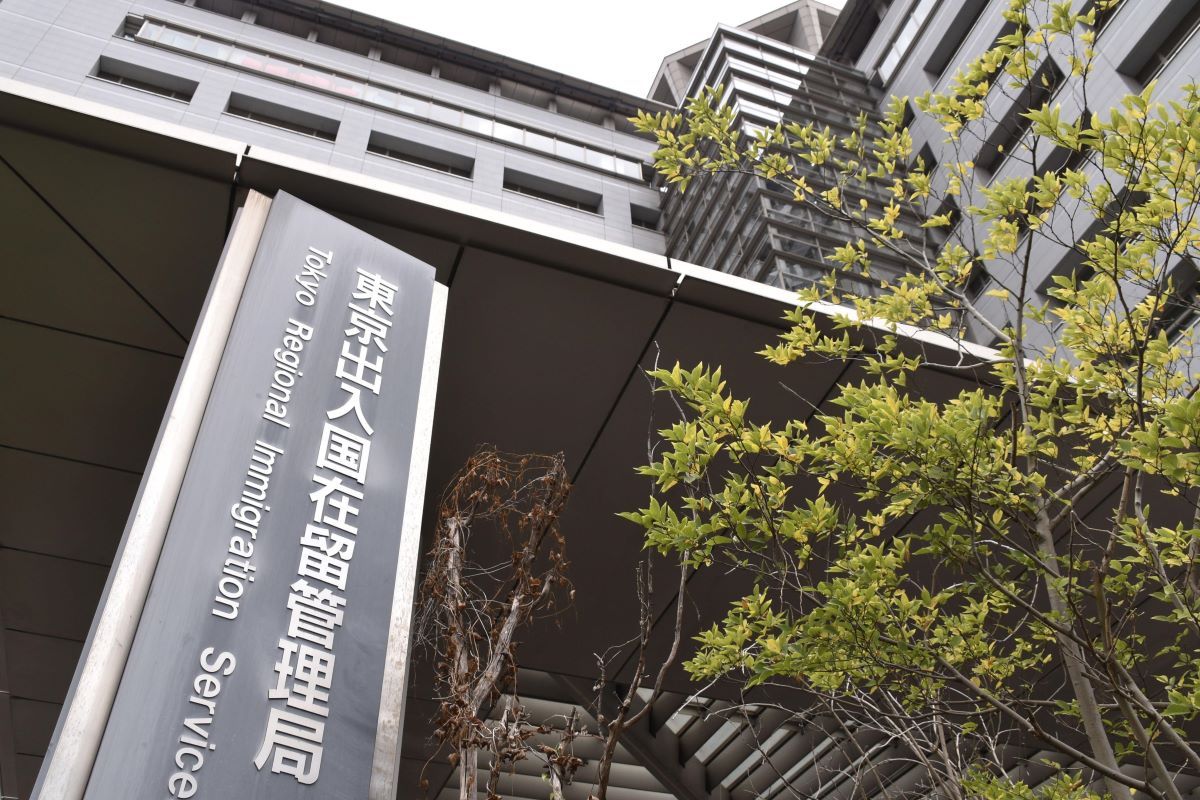The Foreign Talent Basic Law: Proposal from a Former Police Chief
少子化や人手不足が深刻化する日本で、外国人労働者の存在感が急速に高まっています。そんな中、元警察庁長官が外国人材受け入れのための基本法を提案したことが話題に。文化の違いを尊重しながら、地域の安心や安全を守っていくには、どのような工夫が求められるのでしょうか。講師と意見を交わしてみましょう。

1.Article
Directions: Read the following article aloud.
※本ページは出典ニュース記事を要約した英文です。
In 2023, the National Institute of Population and Social Security Research projected that foreigners will account for 10.8% of Japan's population by 2070. Given the recent pace of growth, some experts believe this figure could be reached even earlier. A foreign population above 10% would bring Japan in line with many Western countries.
In response to this trend, the Outlook Foundation, chaired by former National Police Agency Commissioner General Takaji Kunimatsu, is advocating for the creation of a Basic Law to guide the acceptance of foreign talent. In June, Kunimatsu and other members held a press conference at the Japan National Press Club to outline their proposals.
Their concern is clear: while the inflow of foreigners is increasingly seen as a solution to Japan's shrinking population and labor shortages, there are very few venues where the issue is discussed in an integrated, strategic way.
Talks about population decline and regional revitalization often barely mention the role of foreign workers. Meanwhile, discussions about immigration tend to focus on social tensions or how foreigners are treated. Kunimatsu and his colleagues argue that these issues must be addressed more comprehensively. They believe Japan needs a Basic Law to manage foreign labor strategically and responsibly.
Under their proposal, the Basic Law would define foreign talent as "individuals who will enrich local communities and Japan as a whole." Integration into Japan's economy, society, and culture would be a core principle.
The proposed framework would work as follows:
| • | Local governments would develop plans outlining the desired skill levels, nationalities, length of stay, and number of foreign workers. |
| • | The central government would then review and adjust these plans based on national security and economic considerations. |
| • | Local governments would be responsible for supporting and managing the workers once they arrive. |
The proposal also calls for the Basic Law to emphasize the "security and safety of Japanese society." It suggests introducing a new residence status, tentatively named "Regional Revitalization.“
Naturally, the plan raises questions. Should Japan rely more on labor-saving technologies instead of foreign workers to address population and labor shortages? Do local governments have the capacity to manage such responsibilities? Should the police play a more active role in maintaining public safety?
Despite these concerns, I believe the proposal is meaningful because it invites serious debate. What's essential is not whether to accept foreigners, but how to manage the process effectively.
If large numbers of foreigners arrive suddenly, it could create friction with local communities and, over time, greatly alter Japan's national identity. The worst-case scenario is an uncontrolled, unplanned influx without strategy or guiding principles.
We must avoid repeating the situation in places like Kawaguchi City in Saitama Prefecture, where tensions have flared between Kurdish immigrants and local residents. Nor should Japan follow the path of some Western countries that are seeing intense backlash against immigration.
There is no time to lose. Japan must begin a serious, nationwide debate on immigration policy — before the situation outpaces its ability to manage it.
本教材は、一般社団法人ジャパンフォワード推進機構、株式会社産経デジタルより許諾を得て、産経ヒューマンラーニング株式会社が編集しています。
テキストの無断転載・無断使用を固く禁じます 。
